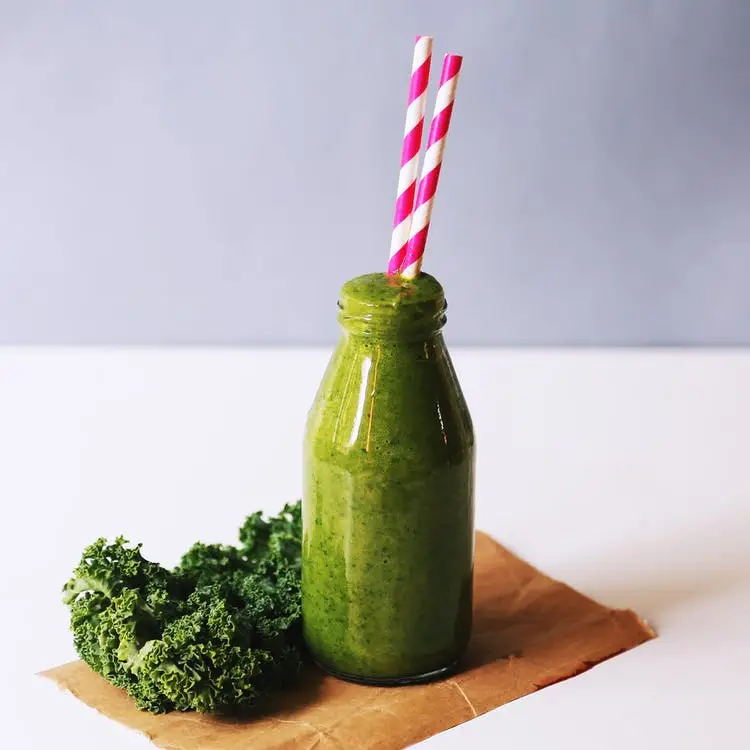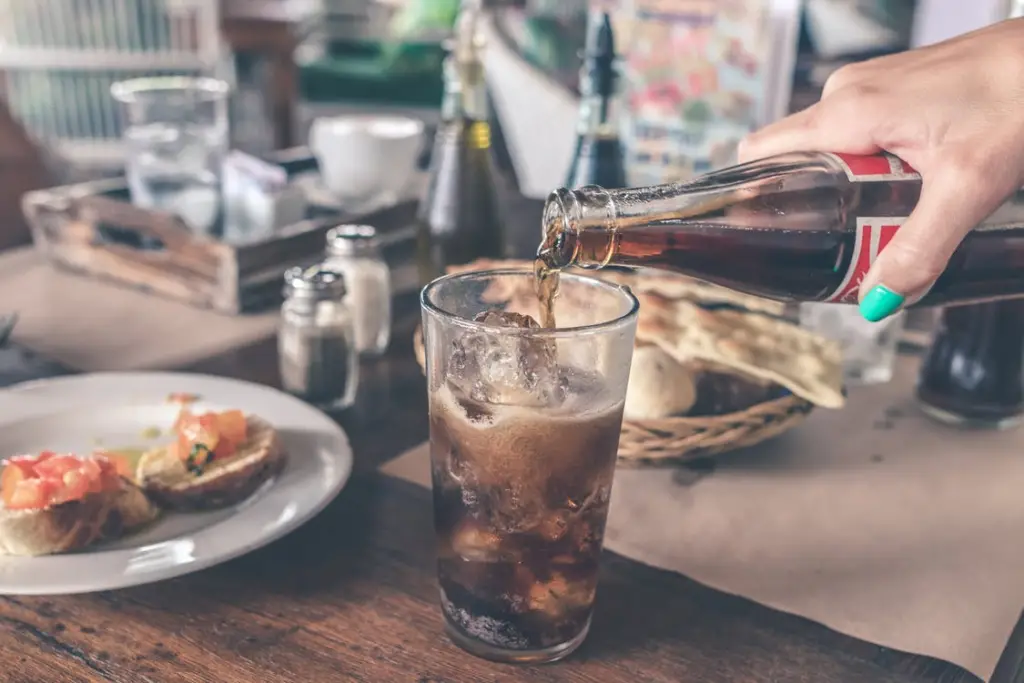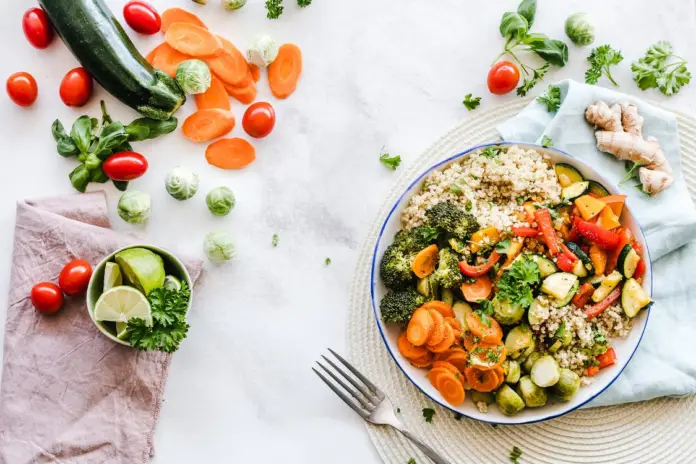Preparing for your life after a gastric sleeve operation will be exciting, but also challenging. The diet you’ll need to follow both before and after surgery is very specific and focused on helping you recover and avoid future issues.
Over time, your diet will shift towards helping you acquire healthy eating habits so that you can continue to lose weight and ultimately maintain a healthy weight throughout life. In this post, we will take a look at what you should eat and what to avoid.
Supplements
Before we dive into the topic of what you should eat and what you should avoid following a gastric sleeve surgical procedure, you should be aware that there’s a risk of getting mineral deficiency, vitamin deficiency, and malnutrition after a weight-loss procedure. Therefore, you’ll need to take supplements for the rest of your life. Everyone who has undergone obesity surgery receives supplements of calcium, vitamin D, B vitamins, and iron prescribed.
A dietitian will give you the right advice on which vital bariatric vitamins you should take, as well as the proper ingestion method, so you can fully restore the body’s vitamin production, get your nutrition back to normal, and avoid gaining weight.
Liquid Diet (Week 1-2)
During your first two weeks after surgery, you should only eat a full liquid diet. The consistency should be completely smooth without chunks (no larger than rice grits). It doesn’t have to be thin-liquid, but keep in mind that it must not have a puree consistency either, but must flow in a steady stream when you pour it. Use a blender to make smooth soups and smoothies.
It’s important to remember to drink and eat very slowly following your surgery. The stomach can be swollen and sensitive, and it needs time to heal. If you eat or drink too fast, the small stomach quickly becomes overfilled. It can lead to severe stomach pain, nausea, and vomiting.
Soft Foods (Week 3-4)

When you have finished the liquid diet, you will start eating pureed/mashed food for 2 weeks. This period is seen as an introduction to regular food that you start with first on week 5. The food texture should be smooth and without chunks, but firmer in texture than the meals in the liquid diet.
Whole meat is mixed together with a little liquid (milk, water, broth) to a smooth consistency. Soft and already texture-adapted foods can be mashed well with the fork. Examples of this are:
- Minced meat dishes (meatballs, steaks, minced meat loaf, minced meat sauce, etc.)
- Lean charcuterie products (chicken sausage, etc.)
- Fish balls
- Veal jelly
- Scrambled eggs and omelet
- Cottage cheese
Boil the vegetables and then mix them to a smooth consistency. You can use both fresh and frozen varieties. There are no vegetables you need to avoid during this period. You can have potatoes in various forms, as well as sweet potatoes or other root vegetables to make a puree.
Introduction of Solid Foods (Week 5)
Now that you can eat solid foods safely, it’s time to put your new normal diet plan into effect. Keep the emphasis on lean protein and vegetables, and introduce one food at a time so you can monitor your body’s reaction.
Choose your food wisely, choose nutritious options and avoid empty calories. Try to eat three small meals a day, with occasional small snacks, as this can help you stick to your plan. Also, make sure to always stay hydrated.
What to Avoid

You should be careful with foods like asparagus, large amounts of raw foods, dough, and sticky foods like white bread, pancakes, and white pasta. Foods you should avoid altogether, or only occasionally eat from this point on, include sweets and soft drinks. Avoid things like popcorn, cakes, ice cream, coffee bread, chips, and fatty foods as they provide no nourishment, only empty calories.
After gastric sleeve surgery, you’re quickly affected by alcohol as it goes directly to the intestine and is absorbed much faster. Therefore, be careful and drink only small amounts of alcohol. It is also high in calories and overconsumption can counteract the effect of the operation.
Final Thoughts
By following the above-mentioned tips on what to eat and what to avoid following gastric sleeve surgery, you will be able to practice a healthy, sustainable eating behavior that is adapted to you and your everyday life.
Vitamins will be a part of your everyday life so make sure you’re properly informed about what supplements you need to take to keep yourself healthy and avoid complications.


